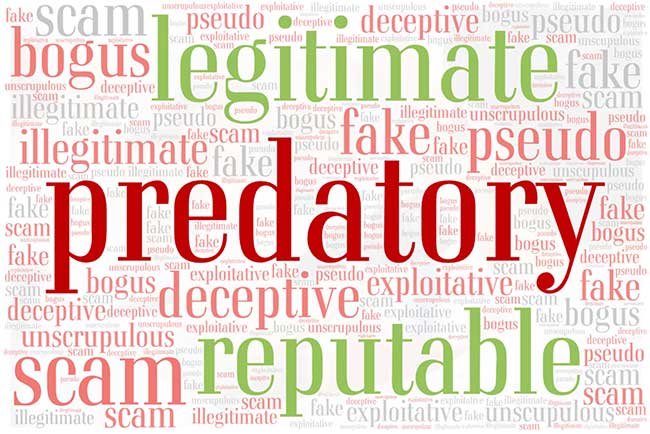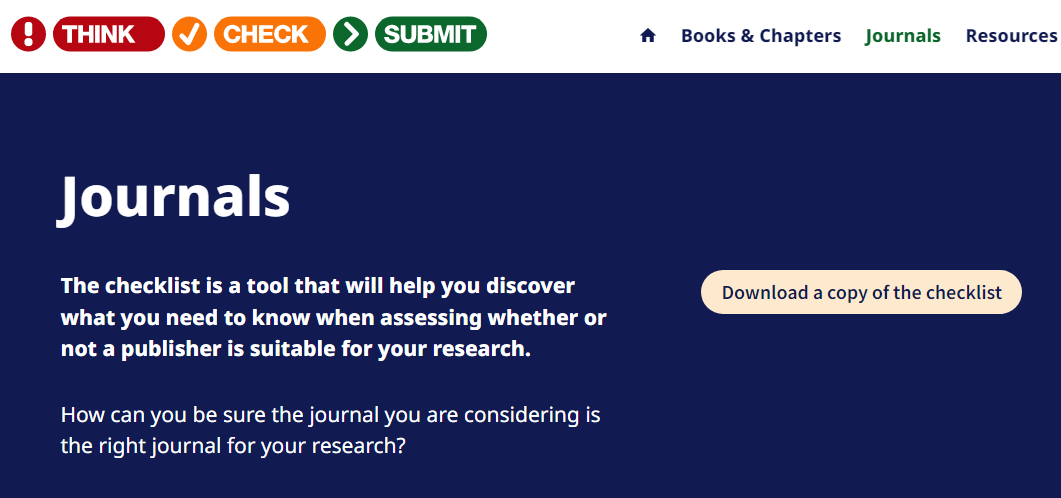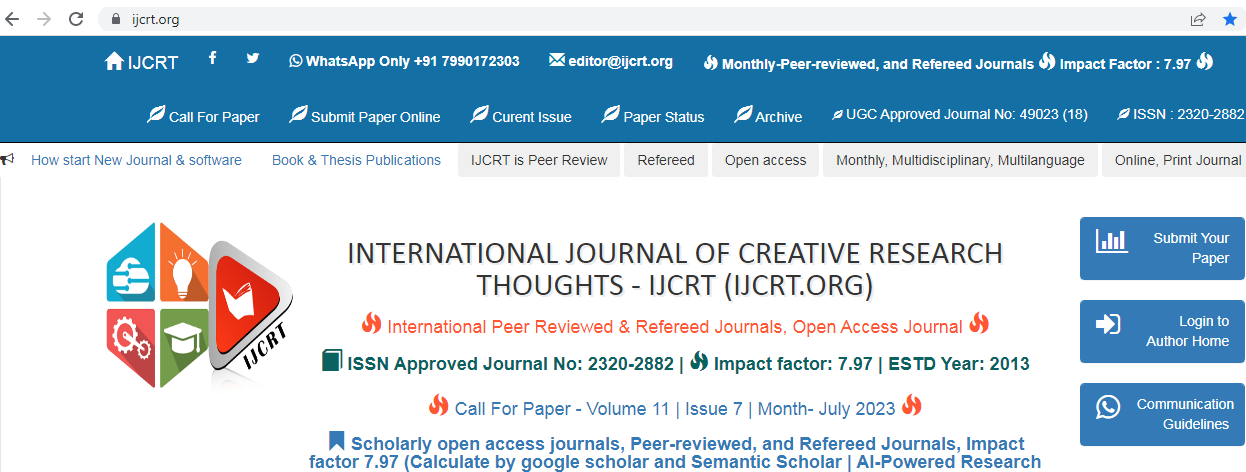Fake/bogus journals target authors from low-income countries
Fake/bogus journals target authors from low-income countries!
Fake/Bogus journals spoiling research community and also focusing on authors from following low-income countries:
Yes, it is unfortunately true that many fake or predatory journals often specifically target authors from low-income countries such as Afghanistan, Burkina Faso, Burundi, Central African Republic, Chad, Congo, Dem. Rep., Eritrea, Ethiopia, Gambia, The Guinea-Bissau, Liberia, Madagascar, Malawi, Mali, Mozambique, Niger, Rwanda, Sierra Leone, Somalia, South Sudan, Togo, Uganda, and Yemen, Rep.
There are several reasons why these journals may focus on researchers from these regions:
Lack of Awareness: Researchers from low-income countries may have limited access to information about reputable journals and the publishing process. They may be less aware of predatory publishing practices and thus more vulnerable to deception.
Pressure to Publish: Academics from low-income countries may face strong pressures to publish their research, often as a requirement for career advancement, funding, or international recognition. Predatory journals exploit this pressure by offering easy publication opportunities.
No/Lower Publishing Costs: Some predatory journals offer no/lower publication fees or claim to waive fees for authors from low-income countries. This can be enticing for researchers who may have limited funding.
Economic Vulnerability: Researchers from low-income countries may be more economically vulnerable and therefore more susceptible to offers of publication in exchange for money, even if the journal's legitimacy is questionable.
Language Barriers: Predatory journals often exploit language barriers. They may send emails and promotional materials in the authors' native languages, making it easier to deceive them.
Manipulative Marketing: Fake journals may use aggressive and manipulative marketing tactics to solicit submissions from authors in low-income countries. These tactics can include deceptive emails, false claims of indexing, and the promise of quick publication.
Weakened Academic Networks: Researchers in low-income countries may have fewer connections to colleagues and mentors who can provide guidance on reputable publishing outlets, leaving them more isolated and susceptible to deceptive solicitations.
Thanks,
Team - JournalGuardians



Comments
Post a Comment